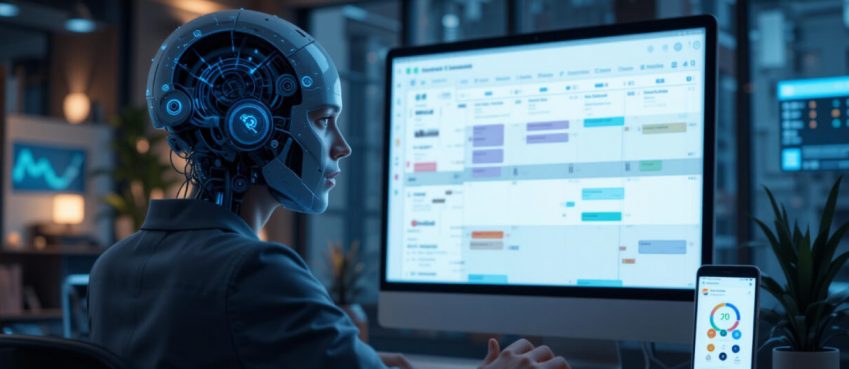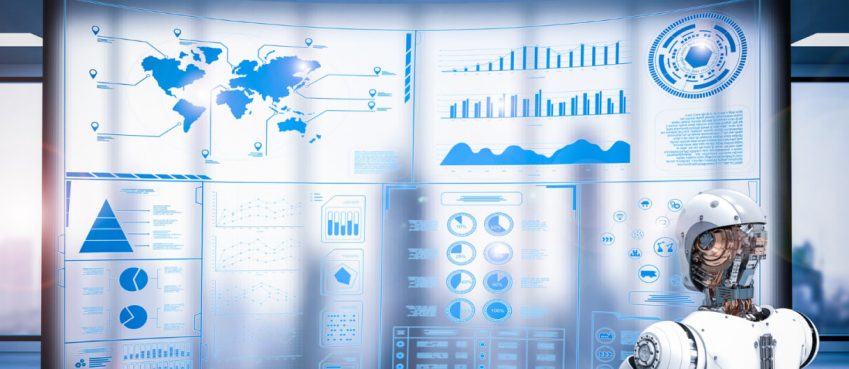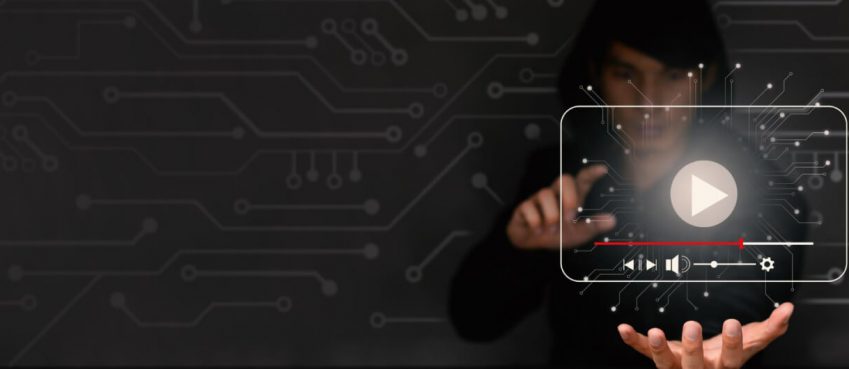
A Whole Lot of Something or Nothing?
I don’t know if I’m alone in this but I remember the first time I saw a mobile phone with a camera in it. I thought it was quite cool but I also remember thinking why would anyone ever need that? If you want to take a photo use a camera right? I was incredibly wrong obviously. I didn’t see the use for it but the world found one. The introduction of AI in SEO feels a bit like it used to back in the 90s and 2000s. New products and software were popping up and we were all figuring out what to do with them.
Using ChatGPT at first was quite amazing. I told everyone I knew about it. But I’ve found that I don’t use it regularly because it doesn’t work very well for most things I would use it for. I’ve tried coding with it and sometimes it’s right. I’ve tried creating content and it isn’t very good. That doesn’t mean it’s going away though. It and all the others are going to get better and better. So as I work in SEO I’m fascinated and worried by the question of where SEO goes next.
Will the Search Survive?
AI could absolutely decimate the need for search engines let alone SEO. Search engines were created because the web was this fabulous sprawling mess of different websites. We needed a way to find what we were looking for. If AI finds it for us that’s search gone. We’ll have an AI on our phones that just finds everything when we type, speak, or think. That’s actually how a percentage of Google queries work at the moment. We type some words and Google tells us the answer rather than sending us to a site. Sure, there are links if you want to use them but often these are 0 click searches.
When it comes to shopping and ads in general they should remain in some form. There’s too much money on each side of the advertisers and ad platforms for it not to. The ad platforms have a strong incentive to keep ads alive. Google has been rolling out its AI overviews in some countries with mixed results. It’s worth noting though that there are links to websites in it. Whether those links will translate to worthy traffic for publisher sites is still up for debate though. It’s also worth noting that AI overviews in Google appear to have been scaled back with a large percentage of queries not showing them. As it stands with the current iterations of AI search could be safe for now.
It’s also possible that the search will survive but it will be carried out by the AI, the ads will be provided by AI and the user will only see the end result. Google Ads already uses AI bidding strategies so we’re already partly there.
Also read: Best 10 Email Marketing Tools in 2021Will SEO Survive?
That is huge it depends answer. I’m half and half on this. If the AI overview way of doing search continues and it does still drive traffic back to websites then SEO as an industry can rejoice. It’s then all about optimizing to get into the AI overview links rather than the traditional 10-blue links. SEO has always been an industry that has existed due to how search engines operate. If they start working differently and there’s no influencing the AI in control of it from the outside then SEOs may find themselves out of a job. I’ve worked in SEO since 2007 though, and I can remember hearing this every couple of years. SEO has changed alongside the search engines. People will continue to need to find things, and competition between businesses is always going to exist. These two things make SEO’s survival more likely in some form.
Also read: The Proven Top 10 No-Code Platforms of 2021What’s Changed so Far?
So far since ChatGPT I’ve noticed some differences already. A number of times I’ve read content online and then realized that it goes absolutely nowhere. Content services that I used to use for clients have gotten worse and worse in quality to the point where the gobbledygook they produce is unreadable. However, if the whole world of SEOs is doing the same thing that presents a huge opportunity for those willing to put the work in to craft expertise-driven content. That’s been Google’s thing for a long time now and their recent algorithm documentation leaks prove that their advice for creating a quality site is actually great advice.
The issue comes when the AI is good enough to start creating content better than humans can. What happens then? Well, that’s where it gets interesting. There will likely be more creative tasks that need to be done next.
What I see happening is that SEO will likely continue to exist but may end up unrecognizable from what we have now. It will likely include new tasks that we haven’t even thought of yet. In fact, when I was growing up the job I do today didn’t even exist.
It is likely that the SEO role will become a high-level role with data analysis at the heart of it. Guiding the AI to where we need it to go by creating specific content that is likely to get clicked or visited from whichever algorithm becomes more important.
An example of how it could possibly work is this. Let’s say you run a website selling mountain bikes. You notice that you’re not selling enough high-end mountain bikes that come with new interesting features. You could potentially instruct an AI tool to create a long-form article, supporting images, and video that delivers on explaining the benefits of these new bikes. You would also provide the AI with a range of related search term ideas, to tailor the content to and then target the organic or paid advertising. What would have taken at least a month or two to create in the past could have been done in a day. At this point, you release it onto the internet to get performance data back and start working on another one. The speed at which we work could increase exponentially. There may be a lot of very interesting work ahead.
Top 10 News
-
01
Top 10 Deep Learning Multimodal Models & Their Uses
Tuesday August 12, 2025
-
02
10 Google AI Mode Facts That Every SEOs Should Know (And Wha...
Friday July 4, 2025
-
03
Top 10 visionOS 26 Features & Announcement (With Video)
Thursday June 12, 2025
-
04
Top 10 Veo 3 AI Video Generators in 2025 (Compared & Te...
Tuesday June 10, 2025
-
05
Top 10 AI GPUs That Can Increase Work Productivity By 30% (W...
Wednesday May 28, 2025
-
06
[10 BEST] AI Influencer Generator Apps Trending Right Now
Monday March 17, 2025
-
07
The 10 Best Companies Providing Electric Fencing For Busines...
Tuesday March 11, 2025
-
08
Top 10 Social Security Fairness Act Benefits In 2025
Wednesday March 5, 2025
-
09
Top 10 AI Infrastructure Companies In The World
Tuesday February 11, 2025
-
10
What Are Top 10 Blood Thinners To Minimize Heart Disease?
Wednesday January 22, 2025







